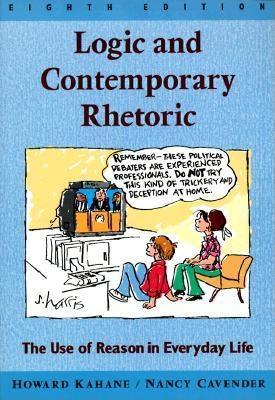What do you think?
Rate this book


369 pages, Paperback
First published January 1, 1971
"didn't certain Native Americans make some kind of mistake when they demonstrated during the 1995 World Series against the "demeaning symbols" used by the beloved Cleveland Indians and the Atlanta Braves?"